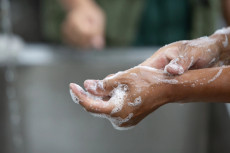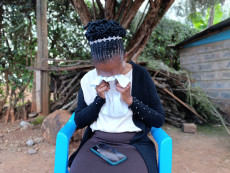- In 2009, the WHO launched the 'Save Lives: Clean Your Hands' global campaign, empowering health workers to improve hand hygiene practices in healthcare settings. The WHO emphasizes that clean hands are critical, regardless of whether gloves are used.
How many times have you washed your hands today? It's a simple question, but the answer is vital: clean hands can save lives. Our hands are powerful tools, but they also have the potential to spread infectious germs.
Dirty hands are a common source of various illnesses, including the common cold, influenza, and even skin infections like conjunctivitis (pink eye). That's why the World Health Organization (WHO) emphasizes that hand hygiene, performed at the right times and in the right way, is crucial for protecting both patients and healthcare workers.
In 2009, the WHO launched the 'Save Lives: Clean Your Hands' global campaign, empowering health workers to improve hand hygiene practices in healthcare settings. The WHO emphasizes that clean hands are critical, regardless of whether gloves are used.
To ensure effective hand hygiene, the WHO identifies five key moments when it's crucial to wash your hands: before touching a patient, before a clean procedure, after a Body Fluid Exposure risk, after touching a patient, and after touching a patient’s surrounding.
Every year on May 5th, the world celebrates World Hands Hygiene Day to raise awareness about the importance of promoting hand hygiene practices.
Read More
The theme for World Hand Hygiene Day 2025 is ‘It Might Be Gloves. It's Always Hand Hygiene,’ highlighting that even when wearing gloves, hand hygiene remains paramount. Hand hygiene isn't just for healthcare workers.
As individuals, we can all contribute by regularly washing our hands with soap and water, especially before eating, after using the washroom, and after touching contaminated objects. Make hand hygiene a habit – it's a simple action that can make a life-saving difference.












